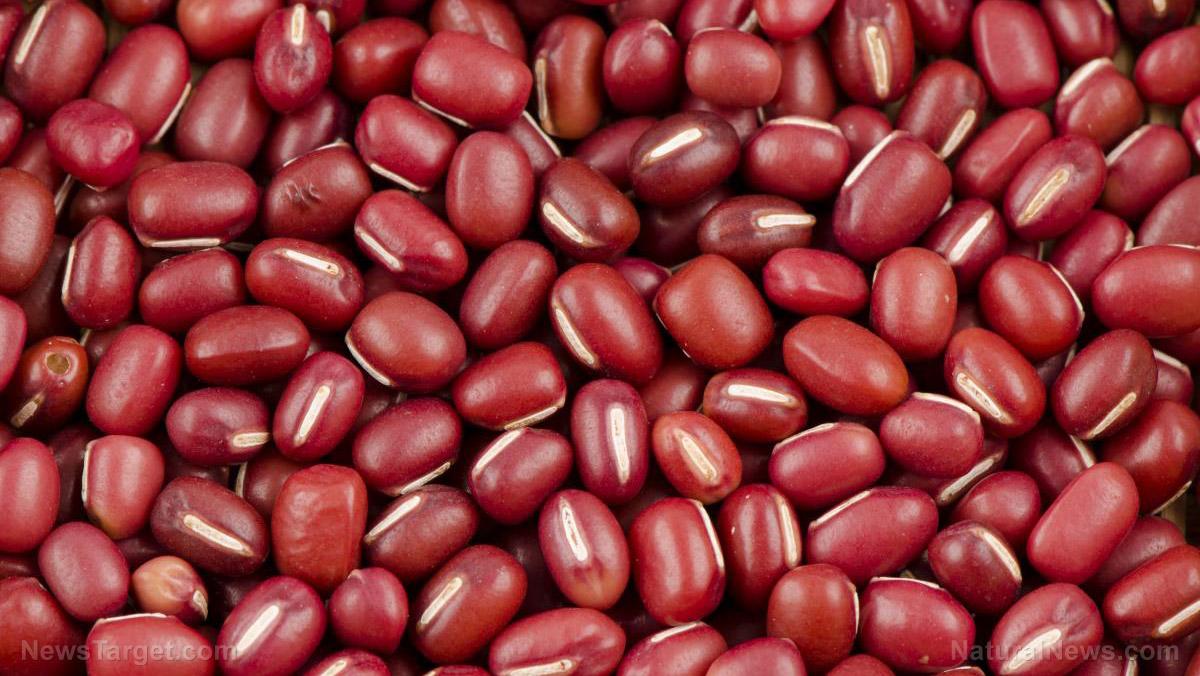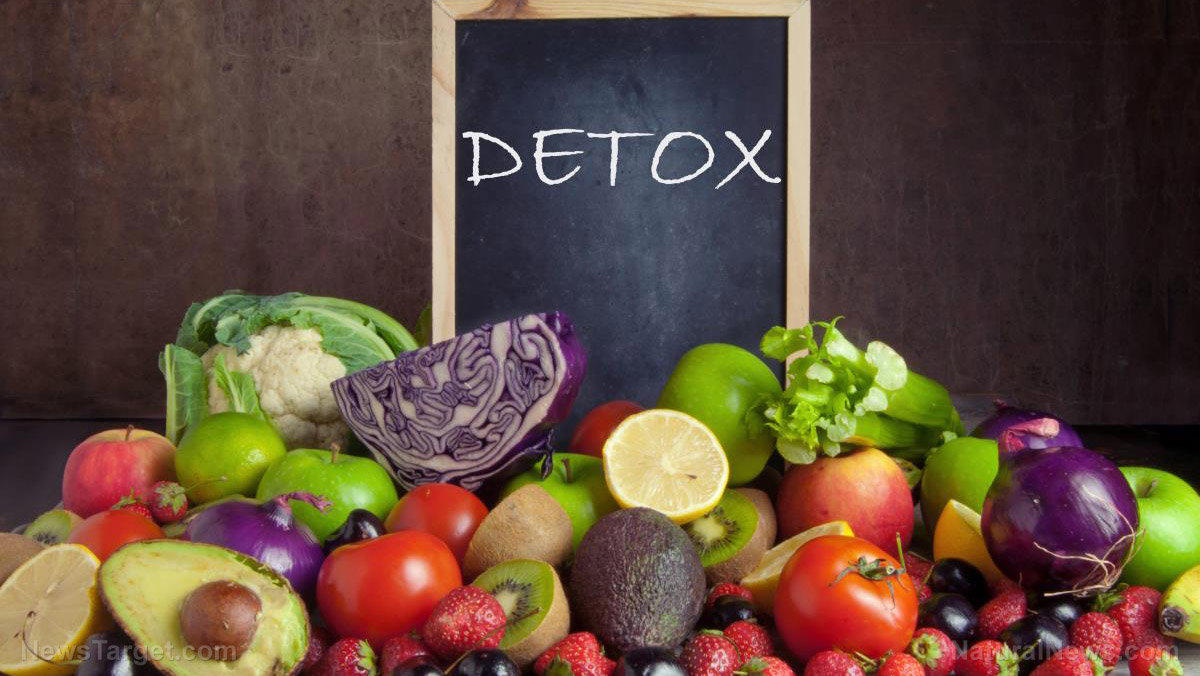 Parler
Parler Gab
Gab
- Blue Zones research confirms beans are the only food eaten daily by centenarians worldwide, from Okinawa to Sardinia.
- Beans defy conventional food categories, acting as protein, complex carbs, and vegetables simultaneously — a nutritional unicorn.
- Studies show bean consumption slashes heart disease risk, stabilizes blood sugar better than diabetes drugs, and reduces colon cancer rates.
- The fiber in beans acts as a prebiotic, feeding gut bacteria that produce cancer-fighting short-chain fatty acids.
- Despite costing pennies per serving, beans outperform expensive supplements in delivering complete nutrition.
The nutritional powerhouse, cheap, and in plain sight
While corporations push processed "plant-based" alternatives laden with industrial seed oils and synthetic additives, real, whole legumes — black beans, lentils, chickpeas — deliver complete protein (when paired with rice or grains), more fiber than any plant except wheat, and provide critical minerals like iron and potassium, which 95% of Americans lack. Unlike factory-farmed meat or GMO soy isolates, beans thrive without chemical inputs, regenerating soil nitrogen naturally — an issue of sustainability that corporate agribusiness obscures. Further, historical context reveals how food colonialism eroded bean consumption. Prior to industrialized diets, cultures from Mexico (with frijoles) to India (with dal) built civilizations on legume-based nutrition. Now, as chronic diseases skyrocket, researchers like Dr. Mopelola Adeyemo note: "Only about 5% of Americans get enough fiber daily. That deficiency is driving our epidemic of diabetes and heart disease." Beans are the simplest solution to basic health problems.Health benefits supported by science
Heart disease prevention- The soluble fiber in beans binds to cholesterol in the digestive tract, reducing LDL ("bad") cholesterol levels.
- Studies show that consuming beans 3-4 times per week lowers heart disease risk by 22% (American Journal of Clinical Nutrition).
- Beans have a low glycemic index (GI), meaning they release glucose slowly, preventing blood sugar spikes.
- Research indicates that diabetics who eat beans daily experience better glycemic control than those relying solely on medication.
- Anthocyanins (found in dark-colored beans like black beans) have antioxidant and anti-inflammatory effects linked to reduced cancer risk.
- The resistant starch in beans feeds beneficial gut bacteria, producing short-chain fatty acids (SCFAs) like butyrate, which may protect against colon cancer.
- Beans act as prebiotics, nourishing gut microbiota essential for immune function and metabolic health.
- Populations with high bean consumption (e.g., Okinawans, Sardinians) exhibit lower rates of chronic disease and longer lifespans.
How to harness bean power
Avoid canned beans lined with BPA and opt for organic, heirloom varieties like Anasazi beans or black turtle beans. Soak dried beans overnight with apple cider vinegar to neutralize anti-nutrients like phytates, then cook with cumin or ginger to enhance digestibility. For complete protein, pair with organic rice or quinoa — a combination indigenous cultures perfected millennia before modern nutritionists existed. Additionally, here are a few preparation tips:- Soaking (8-12 hours)
- Fermenting (as in tempeh)
- Cooking (boiling degrades most lectins)
Deadly dust: Hidden toxins in household dust pose growing health risks
By Willow Tohi // Share
Unlocking nature’s arsenal: The definitive guide to dietary supplements in the fight against cancer
By Belle Carter // Share
Exercise as a promising natural treatment for depression
By Evangelyn Rodriguez // Share
By News Editors // Share
Governments continue to obscure COVID-19 vaccine data amid rising concerns over excess deaths
By patricklewis // Share
Tech giant Microsoft backs EXTINCTION with its support of carbon capture programs
By ramontomeydw // Share
Germany to resume arms exports to Israel despite repeated ceasefire violations
By isabelle // Share










